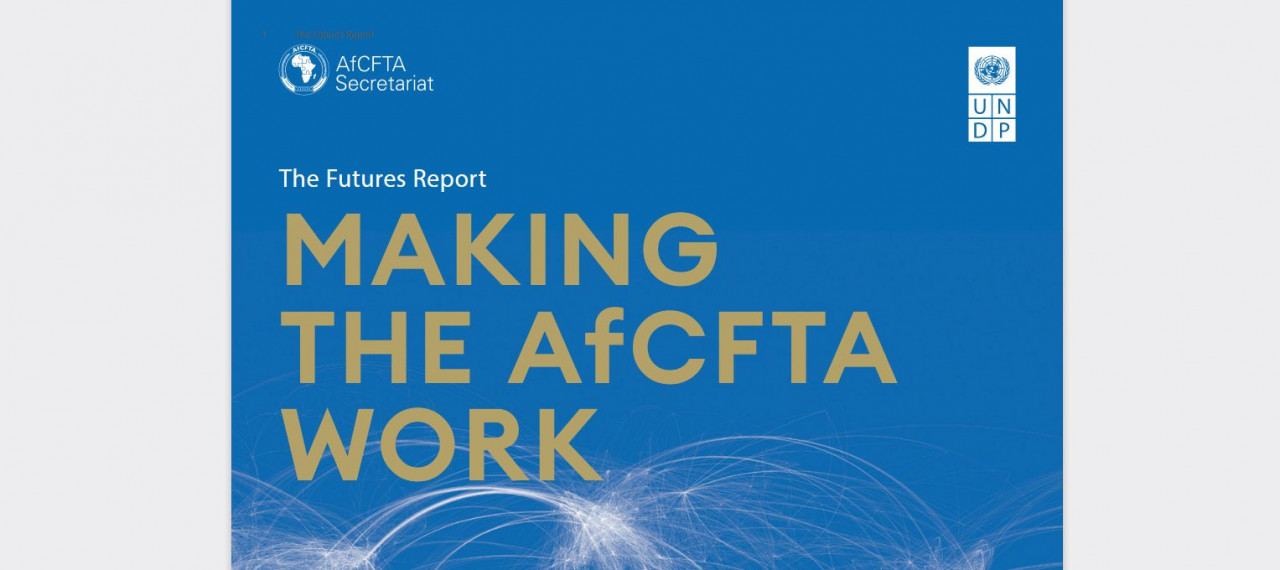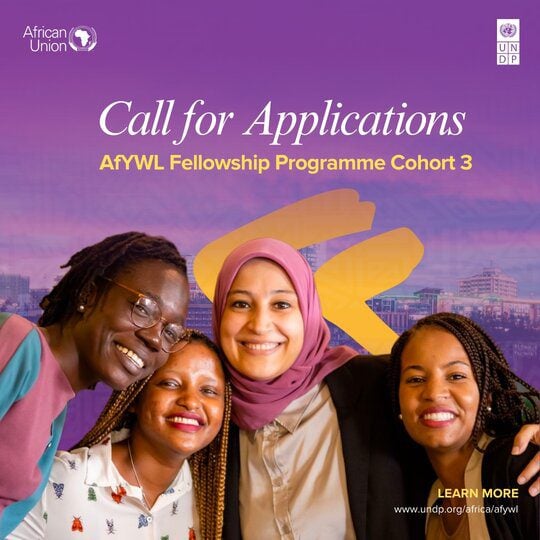Africa Continental Free Trade Area (Afcfta) Secretariat and the African Union in partnership with the UNDP, launched ‘The Futures Report: Making the AfCFTA Work for Women and Youth’.
The Futures Report is a narrative about the promise of the implementation of the African Continental Free Trade Area (AfCFTA) as told through the voices of 18 producers, traders, and policy officials in Africa. Featuring seven stories by young people and women in the healthcare, creative, digital education, technology, agricultural and retail industries, the report presents ongoing efforts and actionable strategies for how governments and development institutions can ensure women and youth business owners derive maximum benefit from the Agreement.
The AfCFTA is an AU Agenda 2063 flagship initiative established to create an integrated continental market for goods and services and to support the movement of capital and natural persons. This market will be actualized through the progressive elimination of tariffs and removal of non-tariff barriers.
During the launch of the Africa Futures Report, H.E. Wamkele Mene, Secretary General of the AfCFTA Secretariat, said the Agreement “must create opportunities for women in trade; amongst others, by lowering the gender wage gap.” Young Africans,” he continued, “are at the cutting edge of technological innovation for digital trade and e-commerce.” Headquartered in Accra, Ghana, the AfCFTA Secretariat will provide technical support to the overall implementation of the Agreement through strategic collaboration, stakeholder engagement and resource mobilization.
With the COVID-19 pandemic still raging, the AfCFTA will be central to recovery and resilience building.
Over 70 percent of cross-border traders, especially those engaged in informal trade, are women. Under the AfCFTA Agreement, AU Member States, now also AfCFTA state parties, explicitly seek to achieve gender equality and enhance the export capacity of women and youth.
Ahunna Eziakonwa, Assistant Secretary General, Assistant Administrator and Director of the UNDP Regional Bureau for Africa, welcomed the compelling narrative reflected in the Africa Futures Report and, called on women and young people to become “architects of their own prosperity.” The report, she continued, “focuses on women and youth because of the significant transformational impact they hold for defeating poverty.” If successfully implemented, the Agreement could lift 30 million people out of extreme poverty by 2035 (World Bank).
Africa’s 1.2 billion people and combined market worth of $2.5 trillion represents enormous potential for traders, exporters and businesses involved or interested in cross-border trade. As of 1 December 2020, 54 of the 55 AU Member States had signed the Agreement, and 33 had deposited instruments of ratification.
With start of trade scheduled to commence in January 2021, the AfCFTA is expected to enhance competitiveness, promote industrial development through diversification and regional value chain development, and foster sustainable socio-economic development and structural transformation. UNDP will continue to provide the space for these stories to thrive by going beyond the story and working with partners on the ground to ensure support for women and youth export-led enterprises.
The Futures Report demonstrates that, beyond the numbers and negotiations, realizing the promise of the AfCFTA will depend on the decisive actions and collective efforts of African exporters and governments to ensure that it is utilized.









